Careful cultivation
Written by H, Posted in Christian Living, Published Work
We learn how to be content through careful cultivation
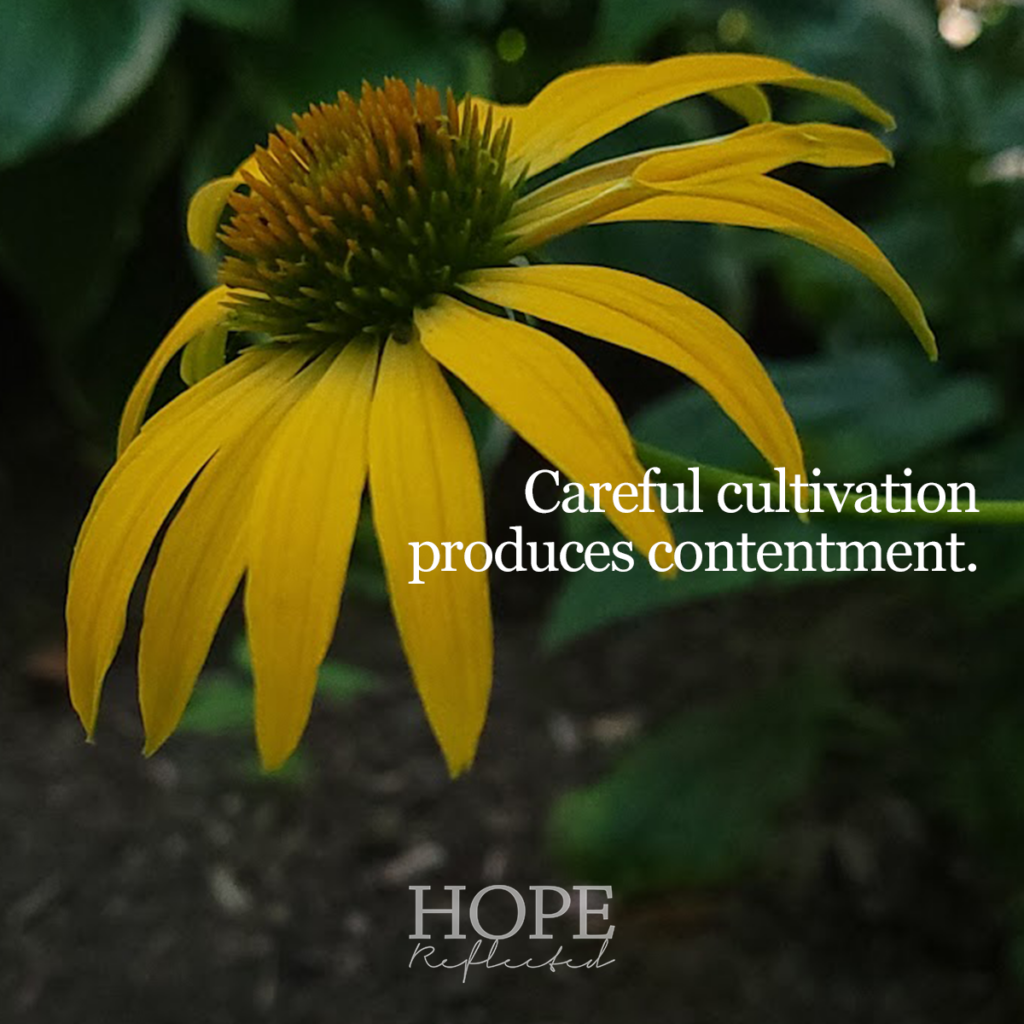
“Much food is in the tillage of the poor: but there is that is destroyed for want of judgment.” (Proverbs 13:23)
There’s an old saying, “The grass is always greener on the other side.” A rebuttal to this common phrase is that the grass isn’t always greener on the other side, it’s greenest where you water it. We neglect to care for our own lawn when we are focused on someone else’s. As Theodore Roosevelt said, “Comparison is the thief of joy,” and I would suggest that comparison is also the thief of contentment.
Tillage requires hard work
In Proverbs 13:23, we read that “Much food is in the tillage of the poor: but there is that is destroyed for want of judgment.” Tillage, earth that’s cultivated for the first time, requires hard work if it’s done by hand (and at the time this Proverb was written, tilling ground would have been a manual process). To gather “much food” from the garden requires equal parts diligence and hard work.
While hard work is, well, hard, it produces contentment and as a result, the returns are often great. To work hard requires as much strength of character as strength of body. Like the poor described in Proverbs 13:23, you may not have much, but that doesn’t mean that you can’t make the best of what you do have. On the other hand, you may have everything but end up in ruin because you don’t make the best of what you have. Rather than be content, conceit often destroys our judgment and we end up living beyond our means.
Do the best with what you have
Don’t be deceived into thinking that just because you don’t have a lot that it doesn’t matter. On the contrary, the smallest gifts can be of great value when stewarded properly! Alexander MacLaren wrote in Expositions of Holy Scripture that “responsibility does not diminish with the size of the gifts, but that there is as great responsibility for the use of the smallest as for the use of the largest…”.
“…responsibility does not diminish with the size of gifts,
Alexander MacLaren
but that there is as great responsibility
for the use of the smallest as for the use of the largest…”
The stay-at-home mom who gives of herself in raising a household of children and not getting paid at all can be just as content and have just as much impact—if not more—than the person running a large organization and earning millions. Careful cultivation produces contentment, while carelessness in any capacity produces discontentment. The difference between contentment and discontentment is stewardship of what one has been given. Many a great man has been destroyed for want of judgment.
Being a good steward of what God has given us
How are we tilling the ground that we’ve been given? Whether we start with a little or a lot, Jesus said that “For unto every one that hath shall be given, and he shall have abundance: but from him that hath not shall be taken away that which he hath.” (Matthew 25:29). Whether our plot of land is small or great, the faithfulness with which we steward it today will determine the impact tomorrow.
“Much may be made of slender gifts, small resources, and limited opportunities if carefully cultivated, as they should be, and as their very slenderness should stimulate their being.” (Alexander MacLaren)

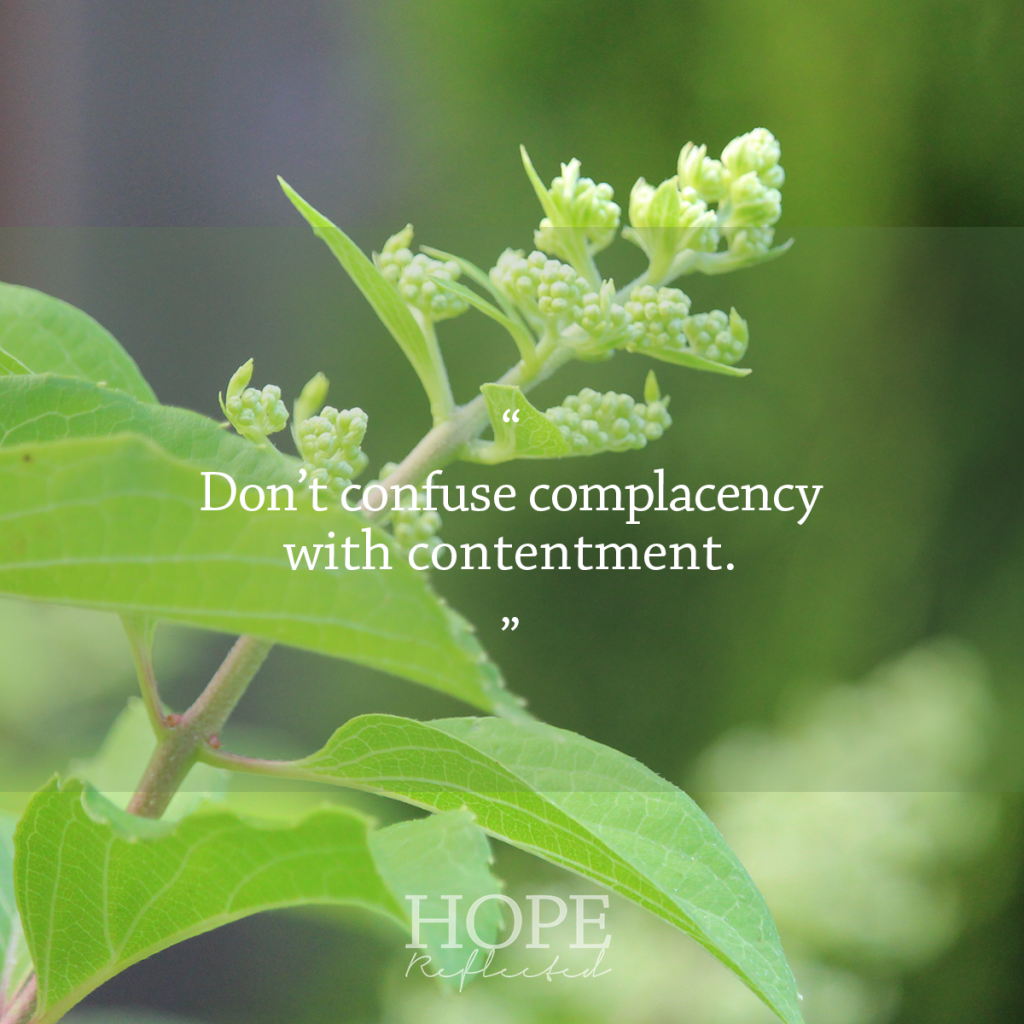
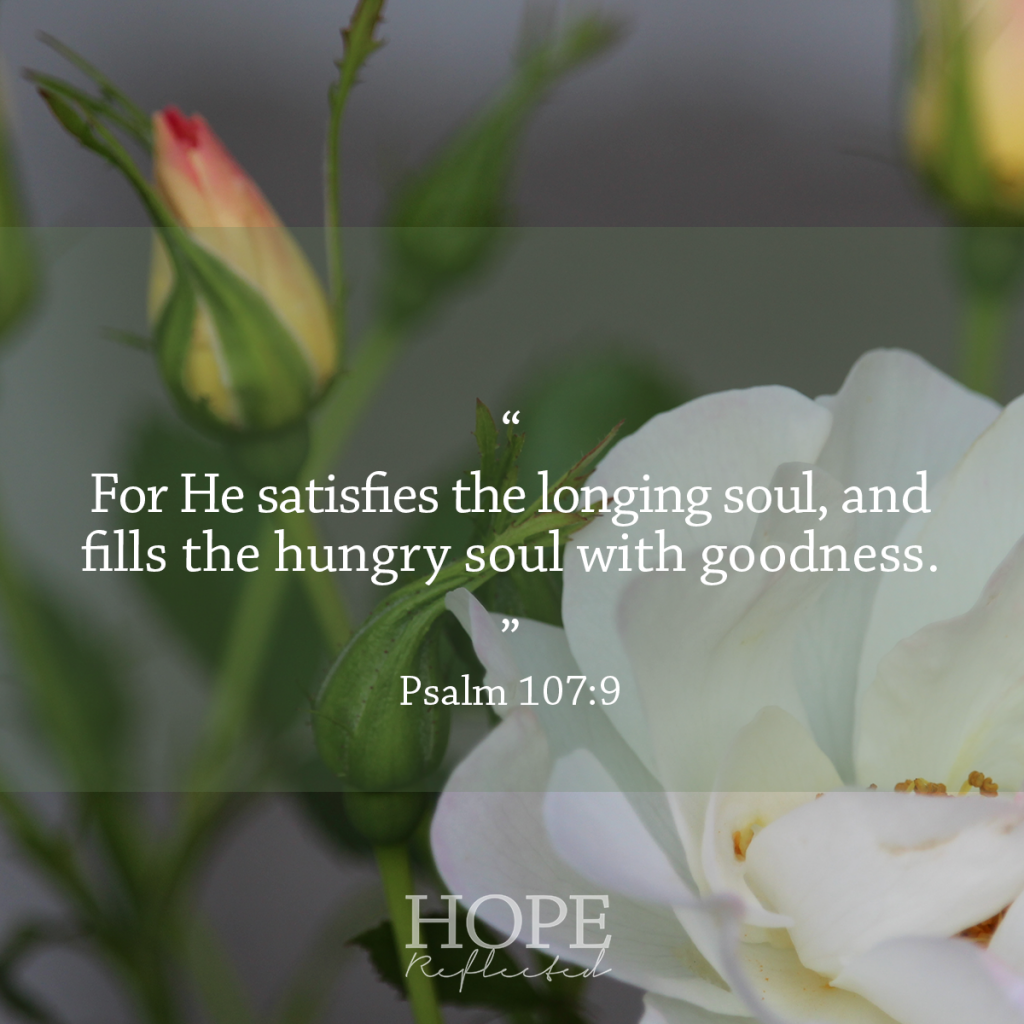
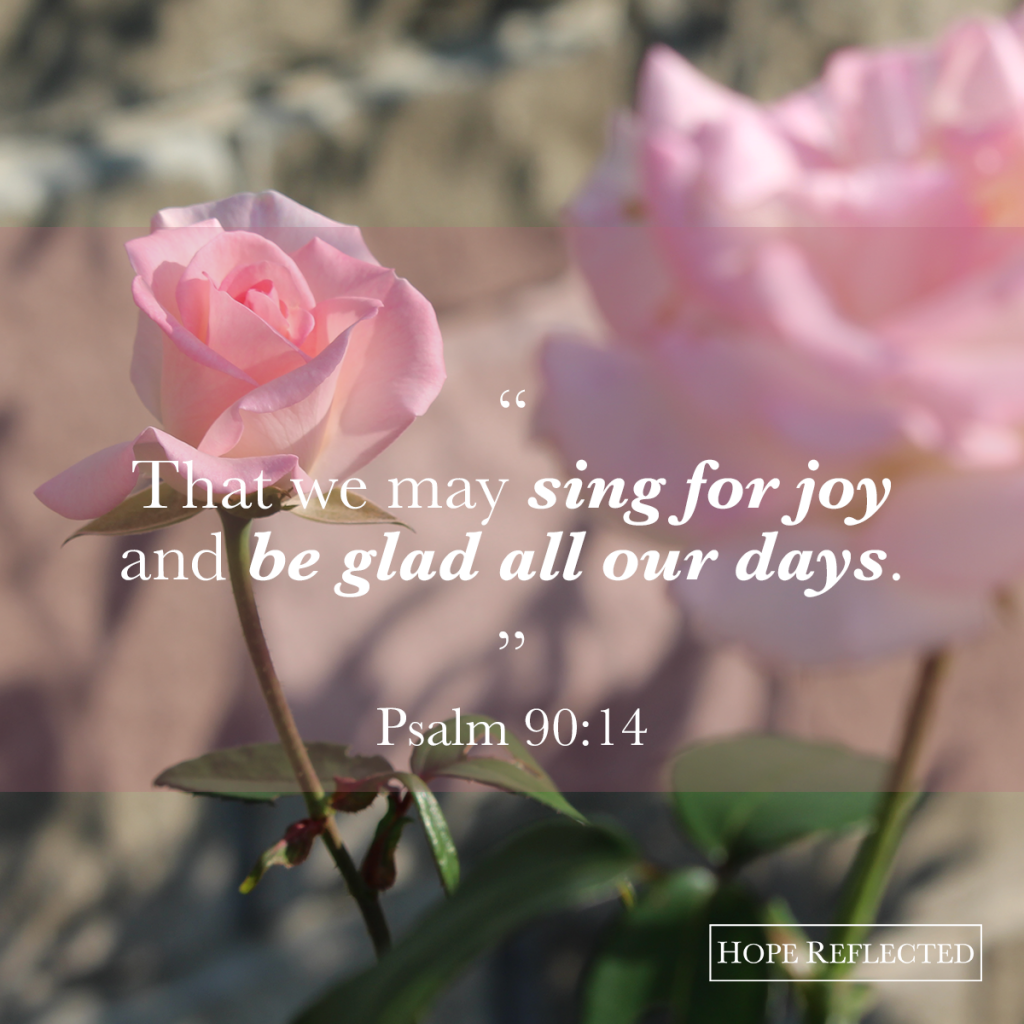
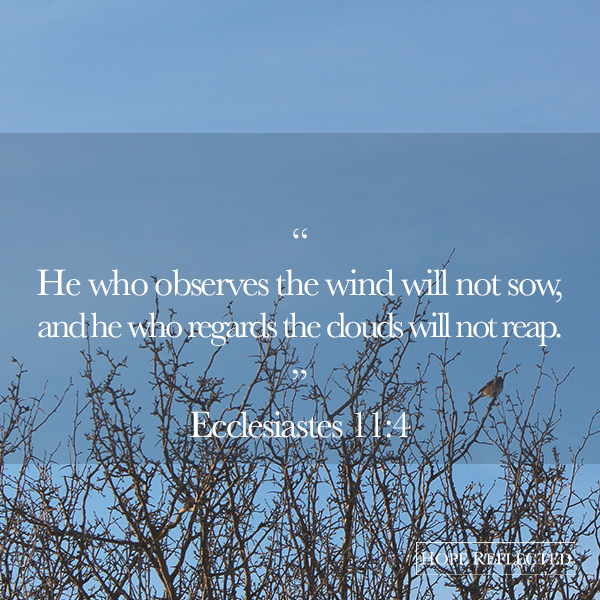

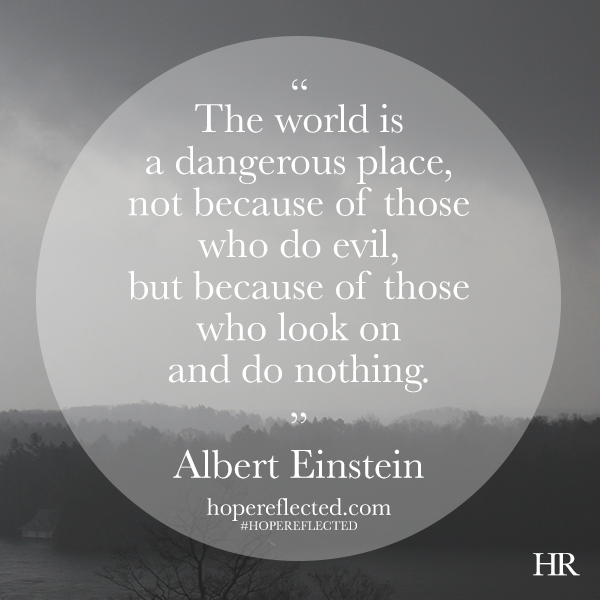
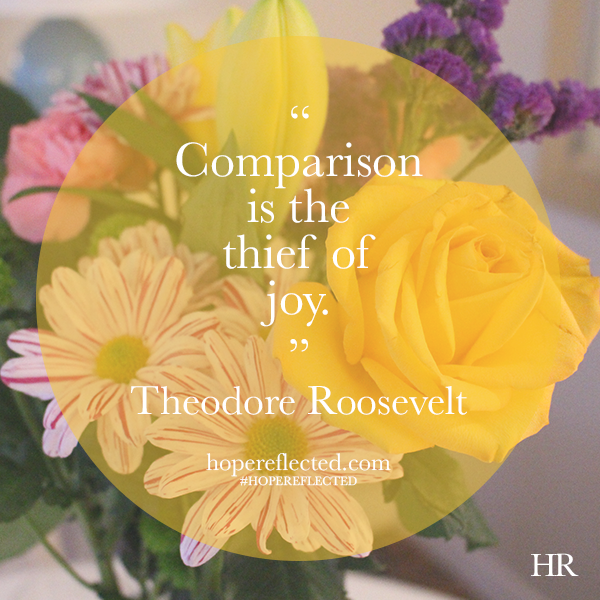

![False friends or counterfeit kindness; whatever you want to call it, the world is filled with people who will say one thing to your face and then another behind your back; people who will woo you in order to get something from you.
It’s sad, but it’s true.
The Bible provides us with examples from Joab to Judas, and yet, we’re surprised when we find ourselves deceived and hurt by someone else.
So what are some of the hallmarks of a true friend?
You can read more about this on hopereflected.com [Link in profile]
.
.
.
#friends #friendship #kindness #counterfeitkindness #hurt #proverbs #truefriends #hopereflected #blog #blogpost](https://www.hopereflected.com/wp-content/plugins/instagram-feed/img/placeholder.png)